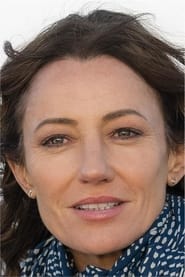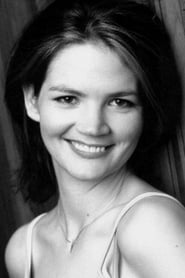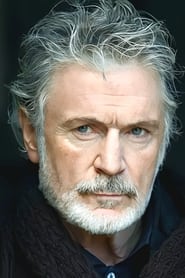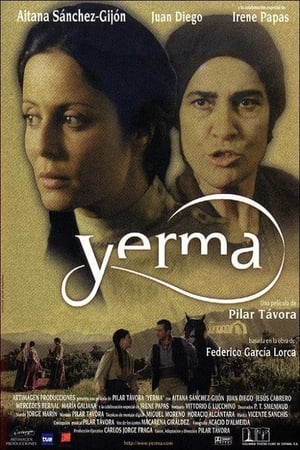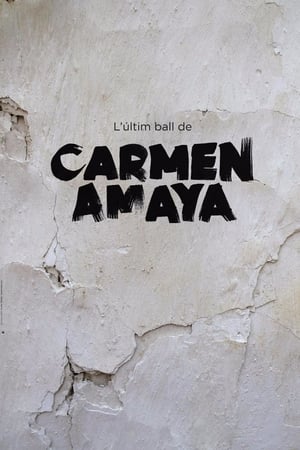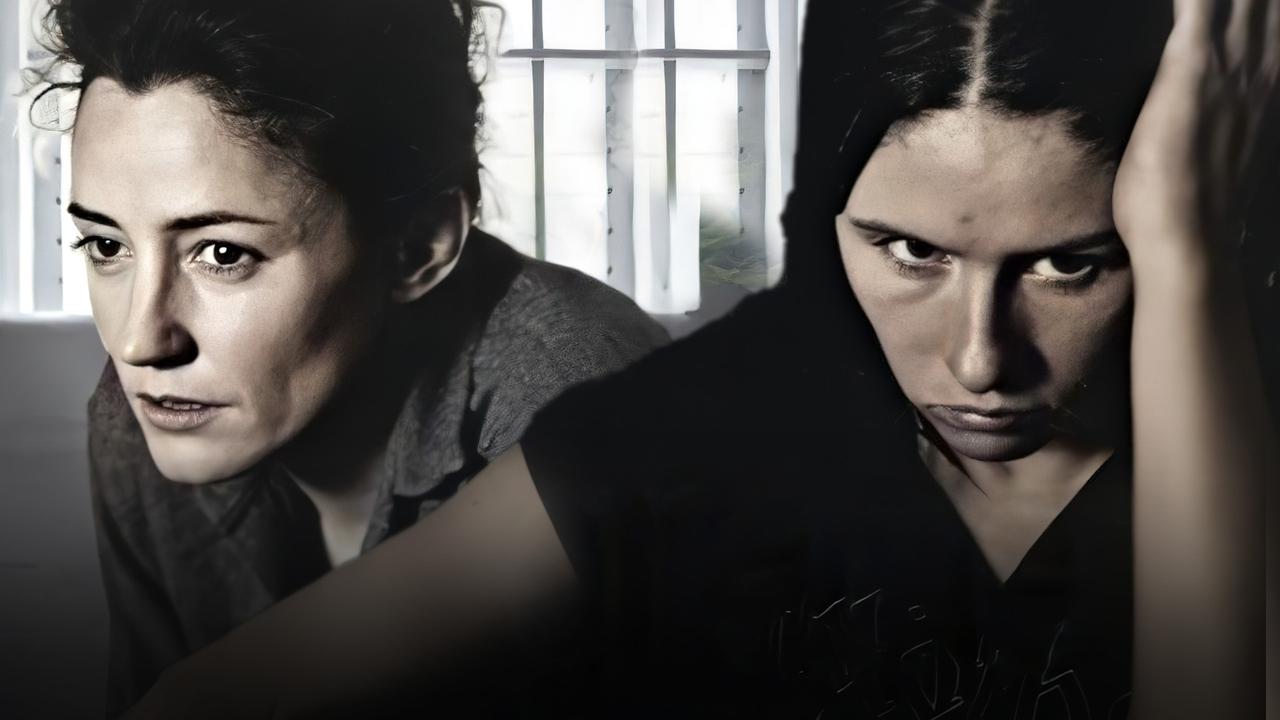

Silent Grace(2001)
A gripping story of friendship and survival.
In 1976 the British Government put an end to the special category status of prisoners from the Provisional Irish Republican Army, no longer treating them as prisoners of war, but as common criminals. Mairéad Farrell – on whose life much of the film seems to be loosely based – was the first woman Republican to be refused political status in 1976. By 1980, when the film is set, Margaret Thatcher was Prime Minister and doggedly resolute: “There can be no question of political status for someone who is serving a sentence for crime. Crime is crime is crime.” Silent Grace seeks to capture the struggle for the restoration of political status that was at the heart of prison protests in Northern Ireland – not just by the more celebrated male prisoners – but by a smaller number of women prisoners, led by Farrell, at the Armagh Women’s Prison.

Movie: Silent Grace
Top 10 Billed Cast
Aine Quinn
Kevin Wheelan
Ann Bates
Video Trailer Silent Grace
Similar Movies
 6.6
6.6Sugar(en)
Like many young men in the Dominican Republic, 19-year-old Miguel "Sugar" Santos dreams of winning a slot on an American baseball team. Indeed, his talents as a pitcher eventually land him a slot on a single-A team in Iowa, but culture shock, racism and other curveballs threaten to turn Sugar's dream sour.
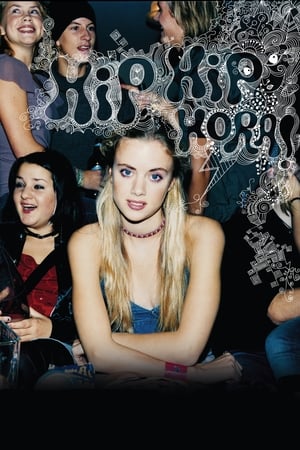 5.2
5.2The Ketchup Effect(sv)
A teenager's reputation is destroyed when she falls asleep drunk at a party and some boys take provocative photos of her.
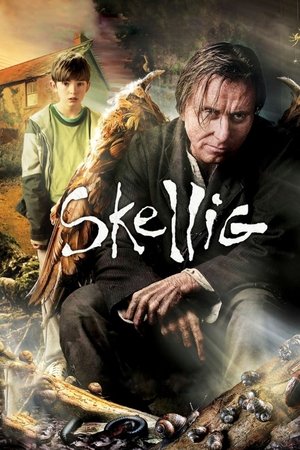 6.1
6.1Skellig(en)
An ordinary boy named Michael is going through some extraordinary changes in his life. His family has just moved into an unfamiliar house, and his brand new baby sister has fallen ill. One day, while cleaning out the garden shed, he stumbles across something mysterious, a strange creature huddled in the corner; weak of body but strong of will. This is Skellig.
 5.2
5.2Chromophobia(en)
Encouraged by his editor to seek 'sexy stories that sell', a reporter preys upon the private life of an erstwhile friend, with disastrous results.
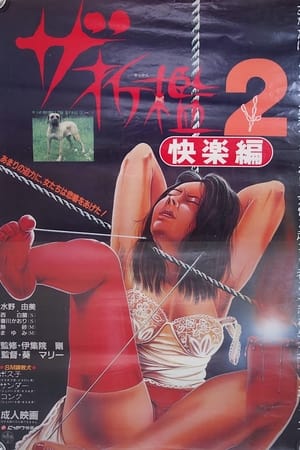 2.0
2.0The Sekkan 2: kairaku-hen(ja)
Two girls who want to become masochists are trained by a sadistic woman and turned into lovers.
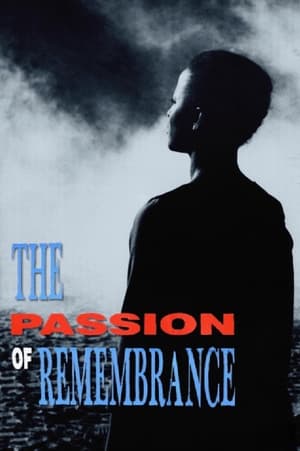 0.0
0.0The Passion of Remembrance(en)
Co-directed by Blackwood and Julien, the first full-length feature film by Sankofa Film and Video offers a radical and necessary interrogation into what constitutes 'post-colonial' identity at a time of political and social restlessness in Britain. Set within an isolated desert landscape contrasted with recognizable scenes of the intensity of family life, this vanguard work demonstrates the richness and variety of the black experience; it is a poetic and hard-hitting commentary on the complexities of race, gender and sexuality.
 5.9
5.9He Said, She Said(en)
Womanising, right-wing Dan Hanson and quiet, liberal Lorie Bryer work for the Baltimore Sun. Rivals for the job of new writer of a vacant column, the paper ends up instead printing their very different opinions alongside each other, which leads to a similarly combative local TV show. At the same time their initial indifference to each other looks like it may evolve into something more romantic.
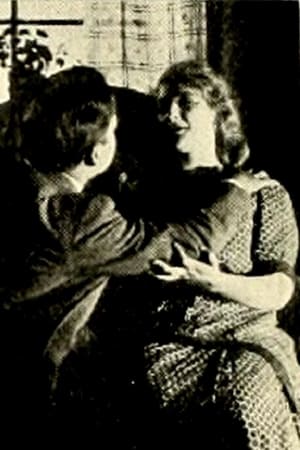 0.0
0.0The Dream Woman(en)
In this story the hero is haunted by a beautiful young woman who tries to stab him to death with a knife. This fantasy recurs on each of his birthdays, becoming more and more real as the years go on. He leaves home to secure a place as groom, but arrives at his destination too late. Forced to retrace his steps, he seeks shelter in a little inn, forgetting that the hour of his birth is approaching. In the middle of the night he awakens, terrified with fright… Based on Wilkie Collins' novel “The Dream Woman”.
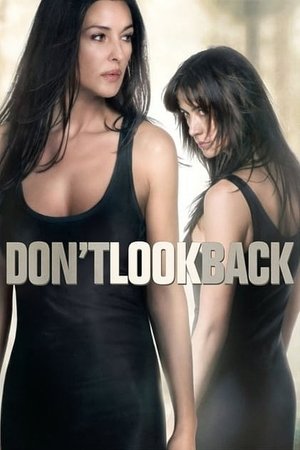 5.6
5.6Don't Look Back(fr)
Panic attacks and memory loss signal the plight of a writer whose body is inexplicably being taken over by another woman.
 6.2
6.2Stander(en)
The life and career of Andre Stander, a South African police officer turned bank robber.
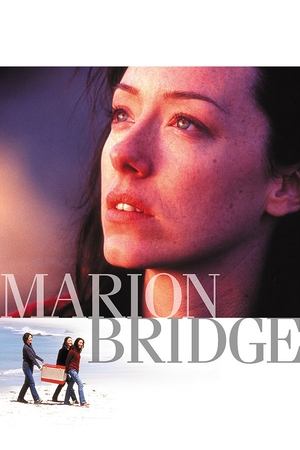 6.2
6.2Marion Bridge(en)
When three estranged sisters reunite to care for their dying mother, old conflicts and secrets return to the surface.
 5.7
5.7Expired(en)
The film revolves around Claire, a kind soul who resents having to enforce the law at all times, and Jay, an angry Traffic Officer who loves his job, being the perfect outlet for his anger and frustrations. Coming both from a place of despair and loneliness, Jay and Claire meet and engage in a tumultuous relationship which will eventually teach them that love can spread redemption.
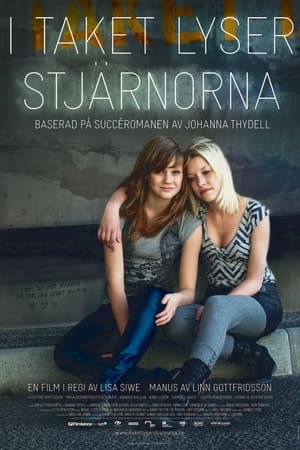 5.8
5.8I taket lyser stjärnorna(sv)
Young adolescent girl Jenna's mother is dying, while at the same time Jenna is turning from a young girl into a young woman. So it is difficult for her to admit that she is afraid to lose her mother; instead she behaves contrary to how one would expect.
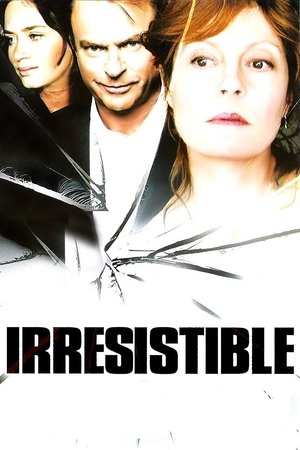 5.4
5.4Irresistible(en)
A wife and mother is consumed by the thought that her husband's co-worker is trying to win him away from her and their family.
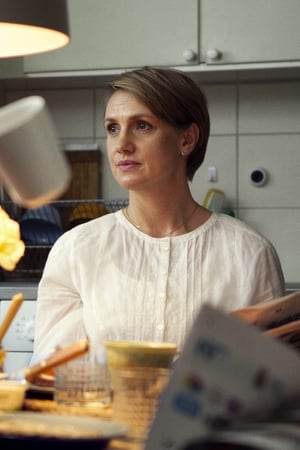 6.0
6.0Canine(sv)
Karin and Peter have been married for almost 15 years. From the outside, they seem happy, but behind the closed doors of the house there is a repression. Then the dog Orion steps into their lives ...
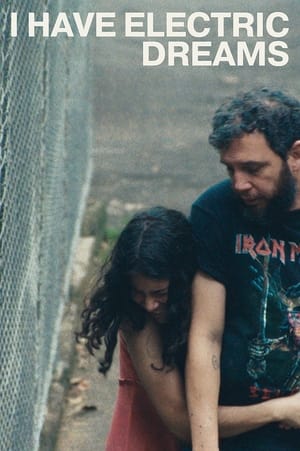 6.3
6.3I Have Electric Dreams(es)
Eva a 16-year-old girl lives with her mother, her younger sister and their cat, but wants to move in with her estranged father. Clinging onto him, she tries to balance between the tenderness and sensitivity of teenage life.
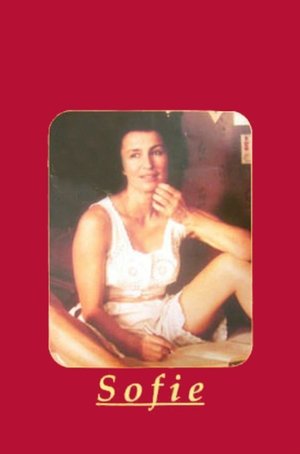 4.4
4.4Sofie(da)
Liv Ulmann's directorial debut also had her co-authoring the screenplay (with poet Peter Poulsen) as based on a Henri Nathansen's 1932 novel about an affluent late 19th century Jewish merchant family in Copenhagen. Ulmann focuses on strong-willed daughter Sofie's progress through life: a love affair with a gentile painter, an arranged marriage , childbirth and ever more fateful challenges.
 4.3
4.3Delight(cs)
The film's main theme is obsession. An obsession with love, with art, originality, copying, with success, money and... with oneself. Sooner or later, if we lose our rational upper hand over it and let ourselves be dragged down by it, every obsession leads to destruction. But it is only when being dragged down, in spite of all the cuts and bruises, that we find a unique DELIGHT, if only for a few short moments - and what else is life really about? It is like a drug. What at first seems to be weak and trivial is capable of expanding and growing into a serious problem that can appear to be absolutely incomprehensible and absurd to those who have never experienced anything like it.
